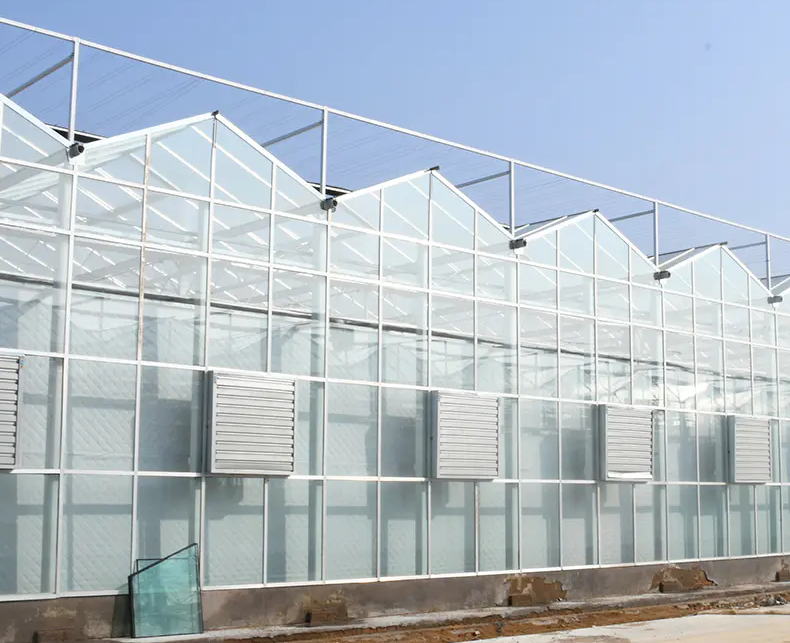Agricultural glass greenhouses represent a significant advancement in the field of sustainable farming. These structures not only provide a controlled environment for growing crops but also contribute to the overall sustainability of agricultural practices.
One of the primary benefits of glass greenhouses is their ability to extend the growing season. By creating a stable environment that shields plants from harsh weather conditions, farmers can grow crops year-round, reducing the reliance on imported produce and lowering the carbon footprint associated with transportation.
The energy efficiency of glass greenhouses is another key feature. While they allow for maximum light penetration, their insulating properties also help to minimize heat loss. This can lead to significant energy savings, especially when combined with energy-efficient heating and cooling systems.
In addition to energy efficiency, glass greenhouses also support water conservation efforts. The controlled environment within these structures allows for precise irrigation systems that can deliver water directly to the plant roots, reducing water waste and promoting more efficient use of this precious resource.
The use of glass in greenhouse construction also has environmental benefits. Glass is a recyclable material, and its production process has come a long way in terms of reducing emissions and energy consumption. This makes glass greenhouses an eco-friendly choice for farmers looking to adopt sustainable practices.
In conclusion, agricultural glass greenhouses offer a range of benefits that align with sustainable farming practices. They promote energy efficiency, water conservation, and environmental responsibility, making them an excellent choice for farmers committed to sustainable agriculture.
